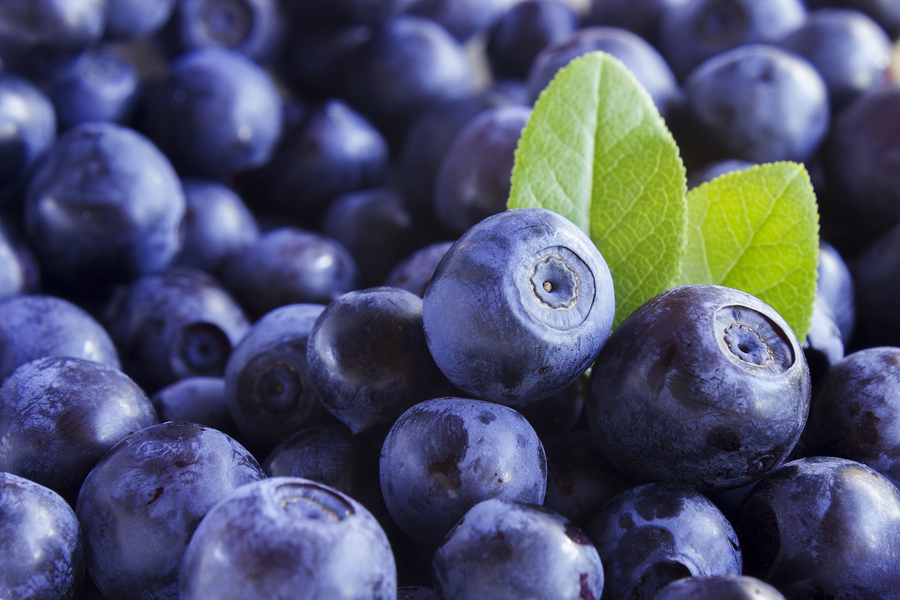Bilberry (Latin Vaccinium myrtillus) is also known by a wide range of different names. These include blaeberry, whortleberry, whinberry, winberry, wimberry, myrtle blueberry. In several European countries its name translates as “blueberry” and this may cause confusion with close relatives more usually known as “blueberry” in English.
As purple fruit bilberry contains a high amount of anthocyanosides or anthocyanins – chemicals found in colored fruits and vegetables that control pigmentation. Anthocyanosides are powerful antioxidants that help the body get rid of free radicals and prevent cell damage.
Eye diseases
Bilberry offers significant benefits to the eyes via an ability to improve the delivery of oxygen and blood to the eye, improve microcapillary function. The origin of many eye diseases including cataract formation and macular degeneration is ultimately related to damage caused by free radicals to the eyes. Bilberry extract as a powerful antioxidant protects the eyes from these free radical damages. The ability of anthocyanins in bilberry extract to stabilize collagen structure in the eye may also play a significant role in the prevention and treatment of glaucoma. In the eyes, collagen provides tensile strength and integrity to the tissues.
Bilberry increases rhodopsin production, a pigment that assists the eye’s ability to adapt to light changes and enhances night vision.
Scientific studies showed that consumption of bilberry extract resulted in an improved nighttime vision, quicker adjustment to darkness, and faster restoration of visual acuity after exposure to glare, especially in individuals with retinitis pigmentosa and hemeralopia (day blindness – an inability to see as distinctly in bright light as in dim light).
Circulation disorders
The anthocyanosides protect veins and arteries, increase their structural integrity and reduce adherence of platelets to blood vessels’ walls. Thus, bilberry is effective in the treatment of circulation disorders, varicose veins, and other venous and arterial disorders. Also, anthocyanosides in bilberry prevent the oxidation of LDL (“bad”) cholesterol, a major risk factor for atherosclerosis (plaque that blocks blood vessels, leading to heart attack and stroke).

